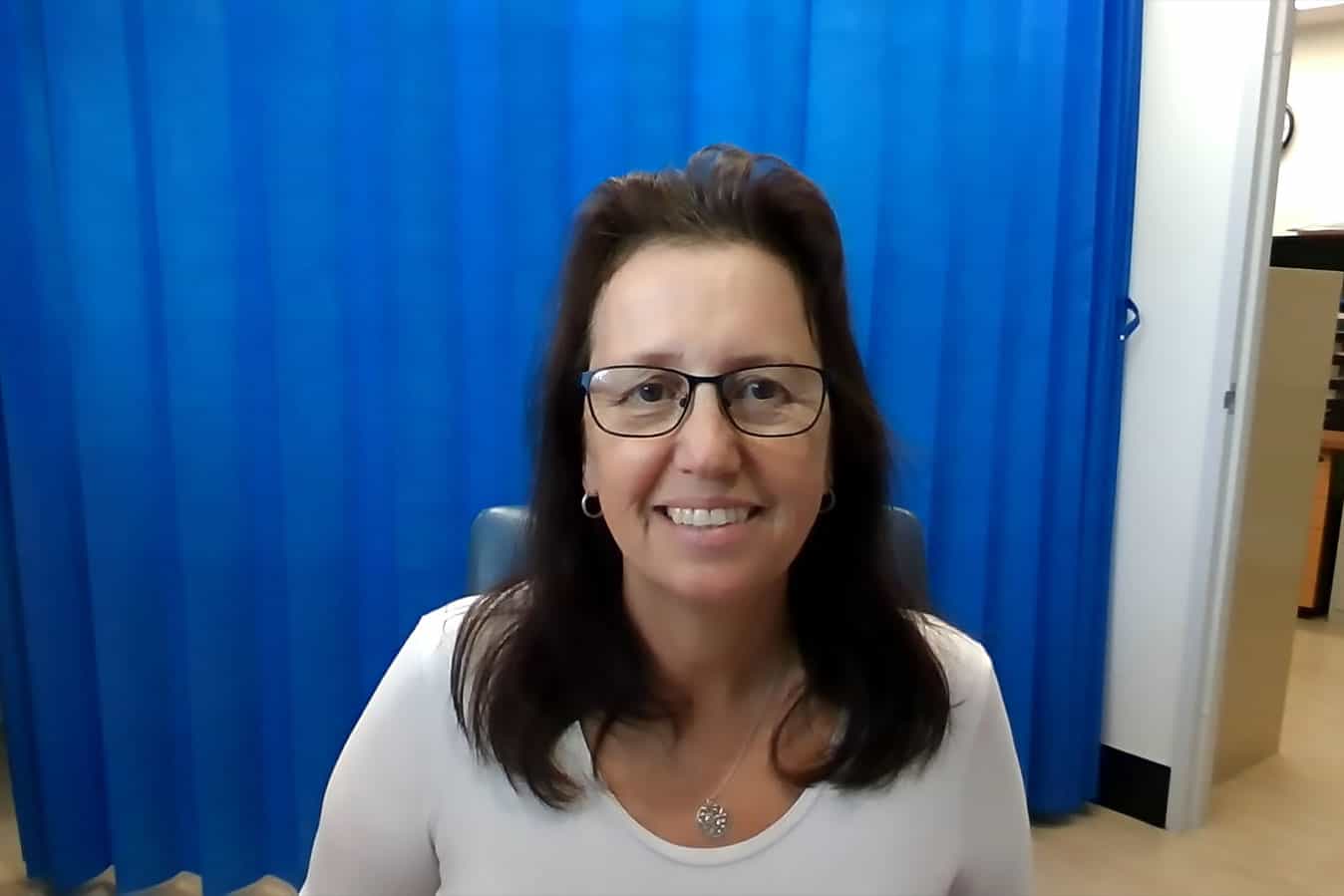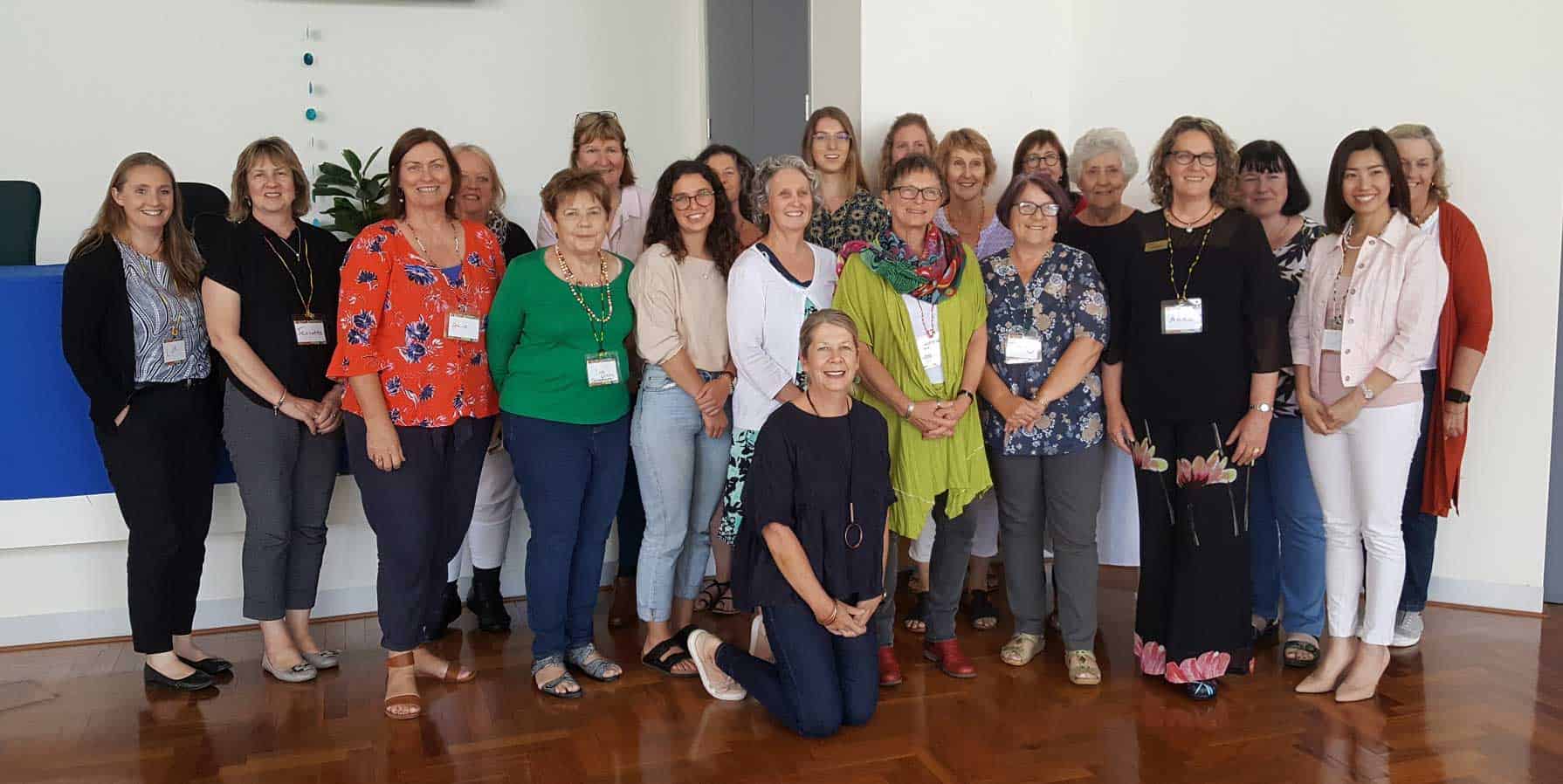Australian Women’s Health Nurse Association President Roslyn Hollis loves being an advocate for women.
“Women often don’t prioritise their own health needs, they tend to put everyone else first. Women hopefully leave my service with more knowledge. It’s not just clinical care, I help empower them to engage in their own health and wellbeing.”
This week is Women’s Health Week, an annual observance held around the world, aimed to empower women to make informed decisions about their health.
Roslyn is one of three clinical nurse consultants (CNC) in women’s health in the Northern NSW Local Health District, who work as individual clinicians providing women’s health clinics, health promotion and education across their respective regions.

Based in the Clarence River region which covers Grafton to Iluka, Roslyn has been four years in the role – pre- and during COVID, but has been a women’s health nurse for 20 years. She says the specialty provides variety and diversity, looking after women through the whole life span.
“Women’s health nurses increase the level of awareness in women and the general community of specific physical, emotional and social health issues affecting women. They encourage women to take responsibility for their own health the provision of information which will enable them to make informed decisions as healthcare consumers.”
Roslyn is also current President of the Australian Women’s Health Nurse Association which is the peak organisation that supports women’s health nurses throughout Australia, with a broad-based membership.
“The AWHNA provides access and support for women’s health nurses on education, professional updates, and a peer review meeting every two months,” she says.

The aim of AWHNA is to “develop the professional profile and status of women’s health nurses as a unified body with and established standard of practice”. The AWHNA contributes to women’s health policy at a national level, including more recently on the National Women’s Health Advisory Council, the review of the Heavy Menstrual Bleeding Clinical Care Standard, development of new menopause hubs and improved access and choice for women requiring medical termination of pregnancy, including nurse-initiated prescribing.
Originally trained as a registered nurse in Armidale, Roslyn did her midwifery at the Nepean Hospital. She went into general practice at a time when there was a need for women’s health nurses with a three-month waiting list for cervical screening. Although the role was predominantly well women’s checks (breast checks and cervical screening), Roslyn had a forward thinking GP which led to greater autonomy in the role.
“I found women wanted more advice on other topics – not just well woman’s checks. They wanted help with all other kinds of women-related health issues”.
Advances in screening over the years, such as five-yearly cervical screening, means women’s health nurses can target higher risk and low uptake populations.
“It’s not just about numbers, it’s shifted focus to increasing participation [screening] of Aboriginal and Torres Strait Islander women, culturally and linguistically diverse groups, women experiencing domestic violence, and those who live in rural areas.”
Roslyn has gained qualifications in family planning, a certificate in sexual and reproductive health and a Masters in Nursing Advanced Practice in women’s health and primary care. She says the women’s health nurse role is crucial as many GPs in her region, don’t provide women’s health services, and a GP shortage means some have closed their books with a proportion of her clients without access to a GP.
She currently works two days doing clinics and three days a week providing education and in-service including on girls and women’s health topics ranging from sexual education, contraception, and family planning to aged care ACAT, and for external organisations. Roslyn recently spoke at ICON Cancer Care in Brisbane for clinicians on sexual intimacy for women following cancer diagnosis and treatment.
“I am a specialist in women’s health and have knowledge and experience which is invaluable in providing care to women. Women have 45 minute appointments with me, they are not rushed out the door. I give them time because often they don’t give themselves the time to discuss their own health.”
For more information on joining the AWHNA or interested in becoming a women’s health nurse, visit www.womenshealthnurses.asn.au








